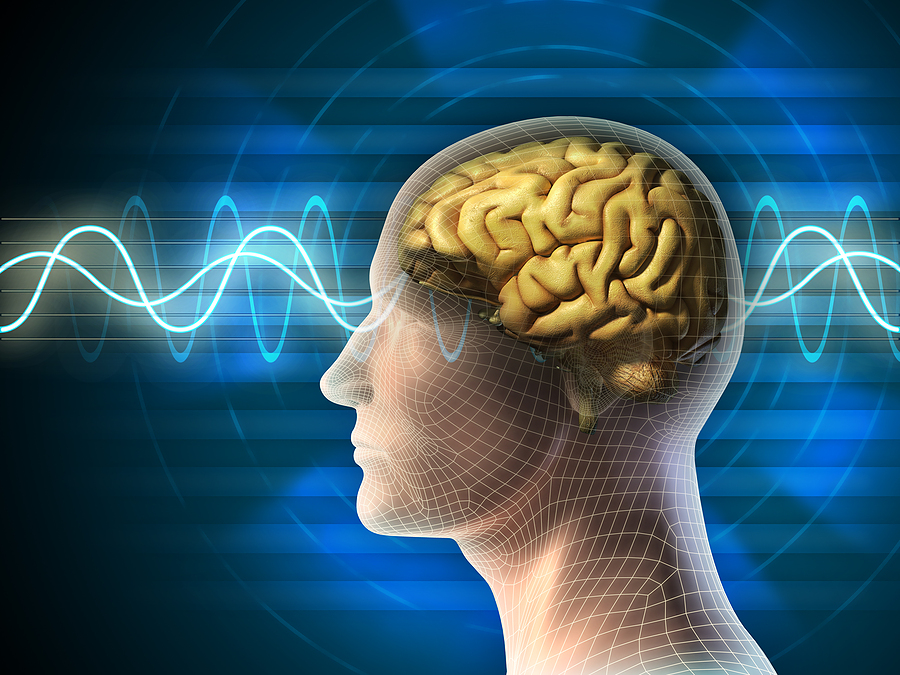Dealing With the Psychological Effects of Brain Injury
In the aftermath of a traumatic brain injury, survival and physical rehabilitation are often the priorities of patients, medical professionals  and families alike – understandably so – but psychological effects should not be overlooked during the rehabilitation process. Changes in emotional reaction and behaviour can often be the most difficult element for people suffering with brain injuries, and for their families.
and families alike – understandably so – but psychological effects should not be overlooked during the rehabilitation process. Changes in emotional reaction and behaviour can often be the most difficult element for people suffering with brain injuries, and for their families.
Depending on the severity and nature of the injury, emotional changes will vary from patient to patient, and it is not possible to predict how people with brain injuries will be affected in either the short or long term. A variety of behaviours can manifest themselves in the aftermath of an injury, some due to circumstances and others due to the injury themselves. Unsurprisingly, perhaps, depression is common during the later stages of rehabilitation, as people with brain injuries come to face the realities of the journey ahead of them. Professional counselling should be sought in this instance.
Damage to specific areas of the brain can provoke particular emotional responses or behavioural changes. Damage to the frontal lobes can cause anger and irritability, impulsivity and dis-inhibition, loss of control over emotions, self-centredness, apathy and a lack of motivation as well as inflexibility. Anxiety and loss of confidence can also be attributed to damage to the frontal lobes, although are often symptoms of circumstance as well. Damage to the hypothalamus, a small nerve centre in the brain, can cause sexual problems such as a decrease or increase in sexual desire.
If you, or someone you know, is suffering from the psychological effects of a brain injury, it is possible to address these issues and move towards a happier and brighter future. Consulting a neuropsychologist or behavioural therapist is the first step, as they can help to establish strategies for coping with behavioural changes and creating positive behaviours. For example, if explosive anger is the problem, triggers to that anger can be identified and therefore avoided to reduce stressful situations. Change will come with time, and will require the support of family and loved ones, who can help to encourage independence and offer emotional support on this journey.





